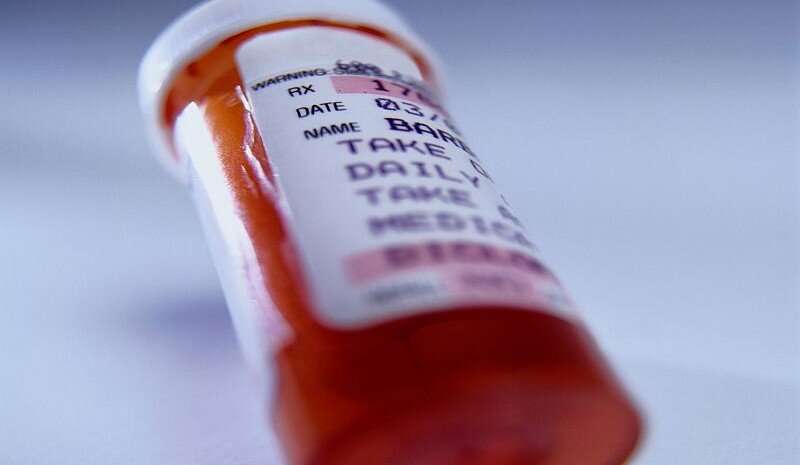Direct oral penicillin challenges (DPCs) can be delivered to patients with penicillin allergy labels (PALs) by nonallergy health care professionals (HCPs), according to a study published in the March issue of the Journal of Infection.
Mamidipudi Thirumala Krishna, M.B.B.S., Ph.D., from the University Hospitals Birmingham NHS Foundation Trust in the United Kingdom, and colleagues examined the feasibility of nonallergy HCPs delivering direct oral DPCs for penicillin allergy delabeling in a prospective observational study conducted in three hospitals across three settings (acute medical, presurgical, and hematology-oncology). After screening, patients with a PAL were stratified as low risk/high risk, and those classified as low risk underwent a DPC.
Overall, 1,054 of the 2,257 PALs who were screened were eligible. A total of 270 participants consented, and 259 were risk-stratified (155 low risk; 104 high risk). The researchers found that 126 low-risk patients underwent DPC; 96.8 percent were delabeled with no serious allergic reactions. In acute and elective settings, the conversion rate from screening to consent was 12 and 17.9 percent, respectively, with odds ratios for consent of 3.42 and 5.53 in hematology-oncology and presurgical settings, respectively. Difficulty in reaching patients, clinical instability/medical reasons, lacking capacity to consent, and psychological factors were common reasons for failure to progress in the study.
"Our findings suggest a multipronged approach is needed in the U.K. National Health Service to maximize uptake of DPC," the authors write.
Several authors disclosed ties to relevant organizations.
More information: Mamidipudi Thirumala Krishna et al, A multicentre observational study to investigate feasibility of a direct oral penicillin challenge in de-labelling 'low risk' patients with penicillin allergy by non-allergy healthcare professionals (SPACE study): Implications for healthcare systems, Journal of Infection (2024). DOI: 10.1016/j.jinf.2024.01.015
Copyright © 2024 HealthDay. All rights reserved.























